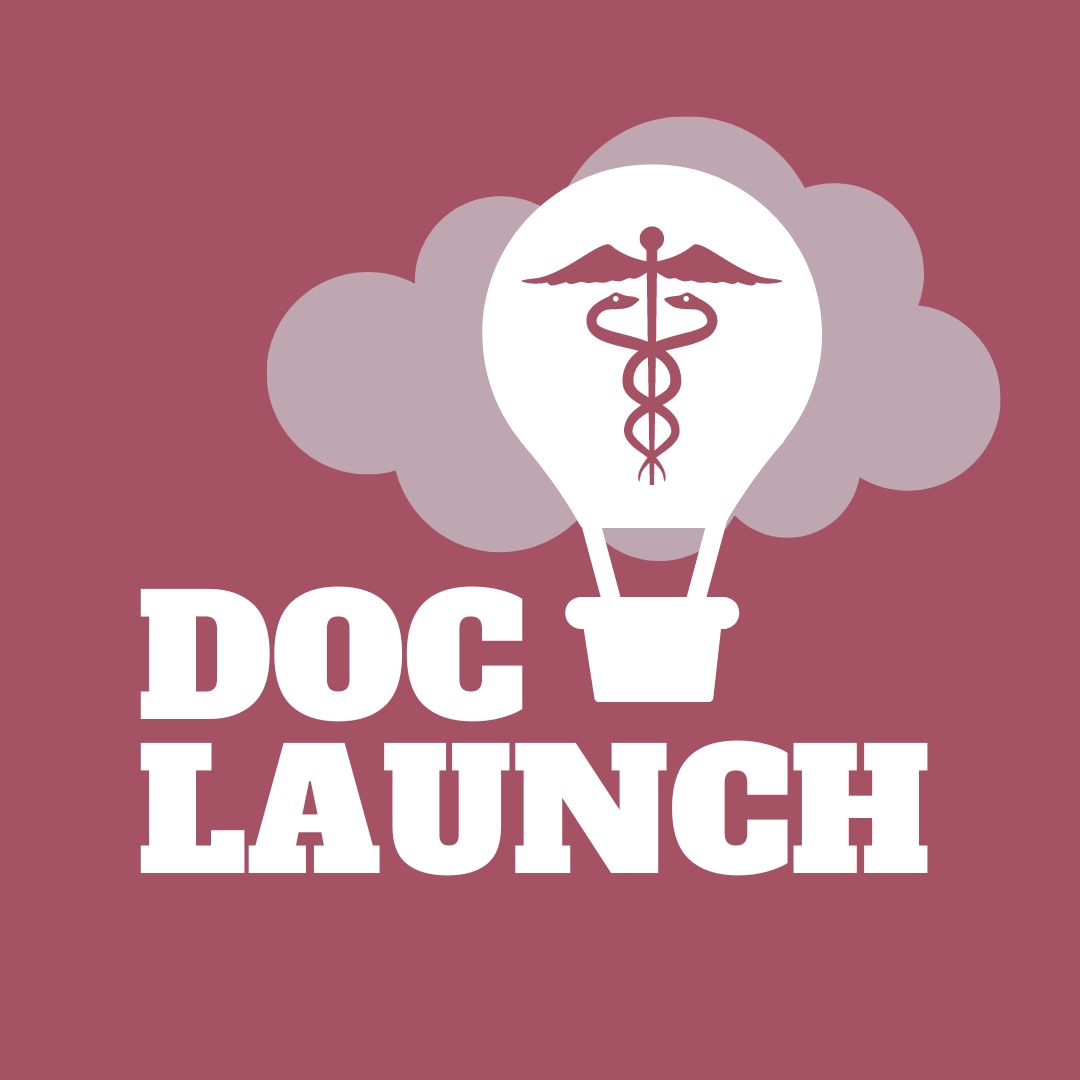Launching a new medical practice is an exciting endeavor, but it comes with a complex web of legal and regulatory responsibilities. Navigating this landscape is crucial for protecting your patients, your practice, and yourself. Let’s explore the key legal and regulatory considerations that every new medical practice owner should understand.
The Foundation of Protection: Professional Liability Insurance
At the core of your practice’s legal safeguards is professional liability insurance, also known as malpractice insurance. This coverage is not just a legal requirement in many states; it’s a critical shield against the financial risks associated with medical errors or negligence claims. When selecting a policy, consider factors like coverage limits, tail coverage, and the insurer’s reputation in handling claims specific to your specialty.
Ensuring Patient Privacy: HIPAA Compliance
The Health Insurance Portability and Accountability Act (HIPAA) sets the standard for protecting sensitive patient data. Compliance isn’t optional – it’s a legal necessity that permeates every aspect of your practice. This includes implementing secure electronic health record systems, training staff on privacy protocols, and developing policies for handling protected health information. Regular audits and updates to your HIPAA compliance program are essential as technology and regulations evolve.
Navigating the Billing Maze: Coding and Reimbursement
Accurate medical coding and billing are vital for both legal compliance and financial health. The complexity of healthcare billing systems means that even minor errors can lead to significant issues, including allegations of fraud. Invest in robust training for your billing staff, consider using certified professional coders, and stay updated on changes in coding guidelines. Regularly audit your billing practices to catch and correct any discrepancies before they become problematic.
Staying Within the Lines: Healthcare Law Compliance
Healthcare is one of the most heavily regulated industries, and for good reason. Familiarize yourself with key legislation such as the Stark Law (prohibiting physician self-referral) and the Anti-Kickback Statute. These laws are designed to prevent conflicts of interest and ensure that patient care decisions are made based on medical necessity rather than financial incentives.
Additionally, be aware of state-specific regulations that may affect your practice. These can include scope of practice laws, facility licensing requirements, and regulations around telemedicine or prescription practices. Consulting with a healthcare attorney can provide valuable guidance in navigating these complex waters.
The Digital Age: Cybersecurity and Data Protection
As healthcare becomes increasingly digital, protecting electronic patient data from cyber threats is paramount. Beyond HIPAA requirements, consider implementing robust cybersecurity measures, including encrypted communications, secure cloud storage, and regular security audits. Develop a comprehensive data breach response plan to ensure you’re prepared for the worst-case scenario.
Employment Law: Managing Your Team Legally
As an employer, you’re subject to a range of labor laws and regulations. From fair hiring practices to workplace safety standards set by OSHA, understanding your obligations as an employer is crucial. Pay particular attention to issues like proper classification of employees versus contractors, overtime rules, and anti-discrimination policies.
Prescription Management: Controlled Substances Regulations
If your practice involves prescribing controlled substances, you’ll need to navigate additional regulatory hurdles. This includes obtaining the necessary DEA registration and implementing systems to comply with prescription drug monitoring programs. Stay informed about evolving regulations around opioid prescribing and electronic prescriptions for controlled substances.
Continuous Compliance: Staying Ahead of Changes
The regulatory landscape in healthcare is constantly shifting. Establish systems for staying informed about changes in laws and regulations that affect your practice. This might involve subscribing to industry publications, joining professional associations, or working with a compliance consultant.
Risk Management: Proactive Protection
Implement a comprehensive risk management strategy that goes beyond mere compliance. This includes developing clear policies and procedures, maintaining thorough documentation practices, and fostering a culture of open communication about potential risks or errors. Regular staff training on risk management topics can help prevent issues before they arise.
Ethical Considerations: Beyond the Letter of the Law
While legal compliance is crucial, ethical considerations should also guide your practice’s operations. Develop a strong ethical framework that prioritizes patient welfare, transparency, and professional integrity. This not only helps navigate gray areas in regulations but also builds trust with patients and the community.
Launching a new medical practice comes with significant legal and regulatory responsibilities. While the landscape may seem daunting, approaching these considerations methodically can set a strong foundation for your practice’s success. Remember, compliance isn’t just about avoiding penalties – it’s about creating a safe, ethical, and effective healthcare environment for your patients and staff. By staying informed, seeking expert advice when needed, and making compliance a core part of your practice culture, you can navigate the complex regulatory waters with confidence.




